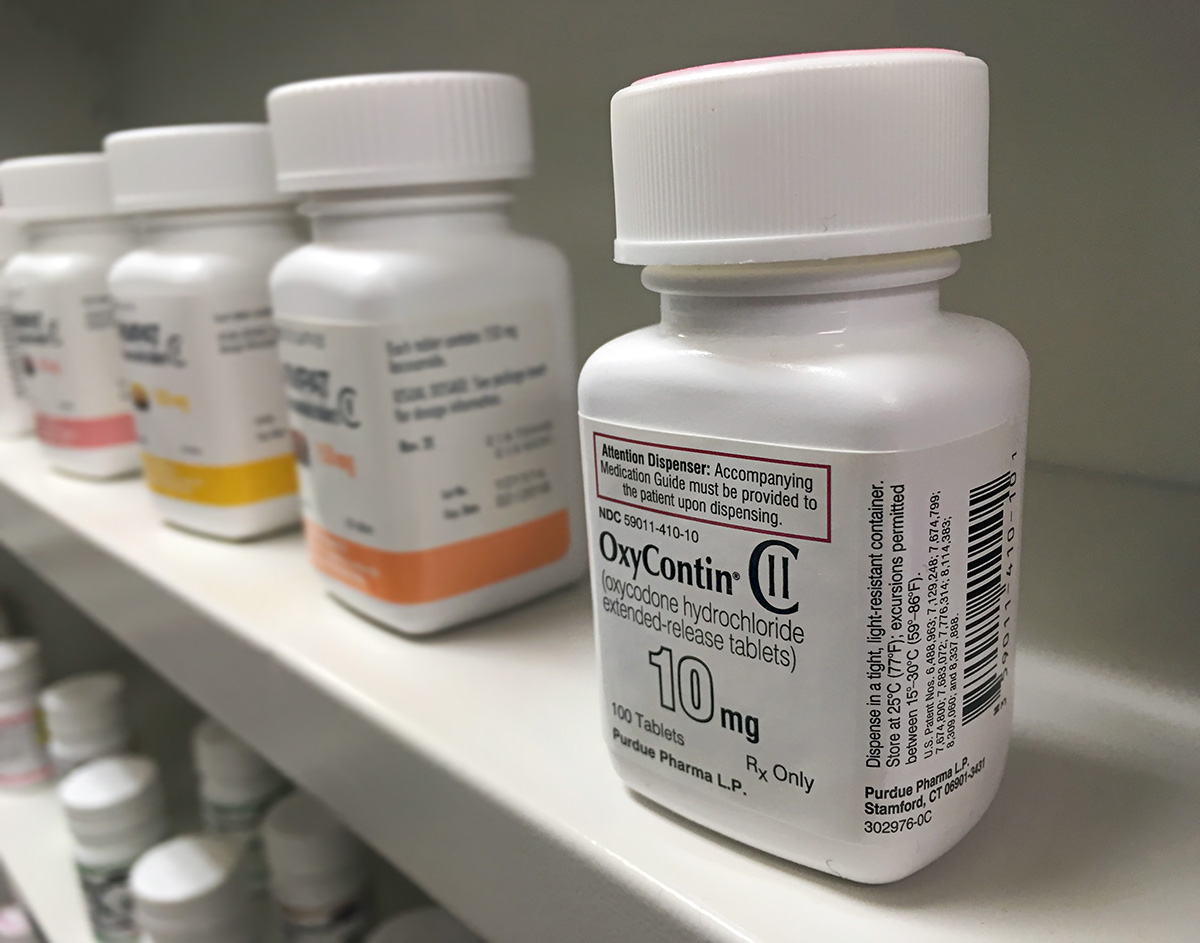Study Cautions Against Taking Opioids Before Surgery

Photo via istock.com/Pureradiancephoto
New research says patients who take opioids before total knee replacement (TKR) surgery may experience less post-operative pain relief, potentially affecting their ability to live a pain-free life without narcotics.
“Our findings support previous research that indicated pre-operative opioid use was associated with worse clinical outcomes,” says lead author Elena Losina, a professor of orthopedic surgery at Brigham and Women’s Hospital and Harvard Medical School. “This data demonstrates that pre-operative opioid use may also lead to lesser pain relief in the early post-operative period.”
TKR is commonly used to relieve pain and restore function for those with osteoarthritis, a progressive, painful, and irreversible degenerative disease of the bone and tissue surrounding the knee. Still, about 20 percent of patients have lingering discomfort after the surgery. Building on prior research, Losina wanted to better distinguish which patients do well after the surgery, and how opioids contribute to those outcomes.
For the study, which was published last week in the Journal of Bone and Joint Surgery, Losina and her team analyzed the outcomes, pain treatments, and opioid usage of 156 TKR patients, who had an average age of 66. Almost a quarter of those patients had an opioid prescription prior to the procedure.
Using standard pain measurement scales, the researchers found that those taking opioids before the surgery experienced 9 percent less pain relief six months after TKR. Other studies have shown similar results in patients recovering from shoulder and hip replacements and spinal surgeries, suggesting that pre-operative opioid use may not be the best strategy for pain relief.
Although there’s no “magic pill” for reducing pain before TKR surgery, Losina says there are things that can help. Physical activity, for example, has been shown to work as well as over-the-counter medications such as Tylenol or ibuprofen.
The new study also found that patients who pain catastrophize—or think of pain in exaggerated terms—are more likely to use opioids after TKR.
“People are likely to take stronger means of controlling their pain when they feel that pain is taking control of them,” Losina says. “It’s not something that people are born and die with. It’s something that people develop, but it can be managed and treated” through means such as cognitive behavioral therapy and emphasizing self-efficacy, or the belief that one can control his or her pain.
Learning to reduce pain catastrophizing, Losina says, can reduce a patient’s opioid consumption, which in turn can help stop the negative effects of opioid use.
“The concern we generally have is addiction,” Losina says. “It’s much harder to stop using opioids if you take them for longer periods of time.”
She also says that TKR patients, who are usually elderly, have unique vulnerabilities when it comes to prescription medications.
“Their Oxycontin will live in their medicine cabinet and potentially can be used for purposes which have nothing to do with their medical condition that may cause much bigger problems for the society,” she notes, alluding to family members who might use the drugs without the patient realizing.
Next, Losina and her team will collect longer-term follow-up data to better understand how opioids affect patients’ lives, as well as whether patients who used opioids prior to a TKR procedure are more likely to use them moving forward.

